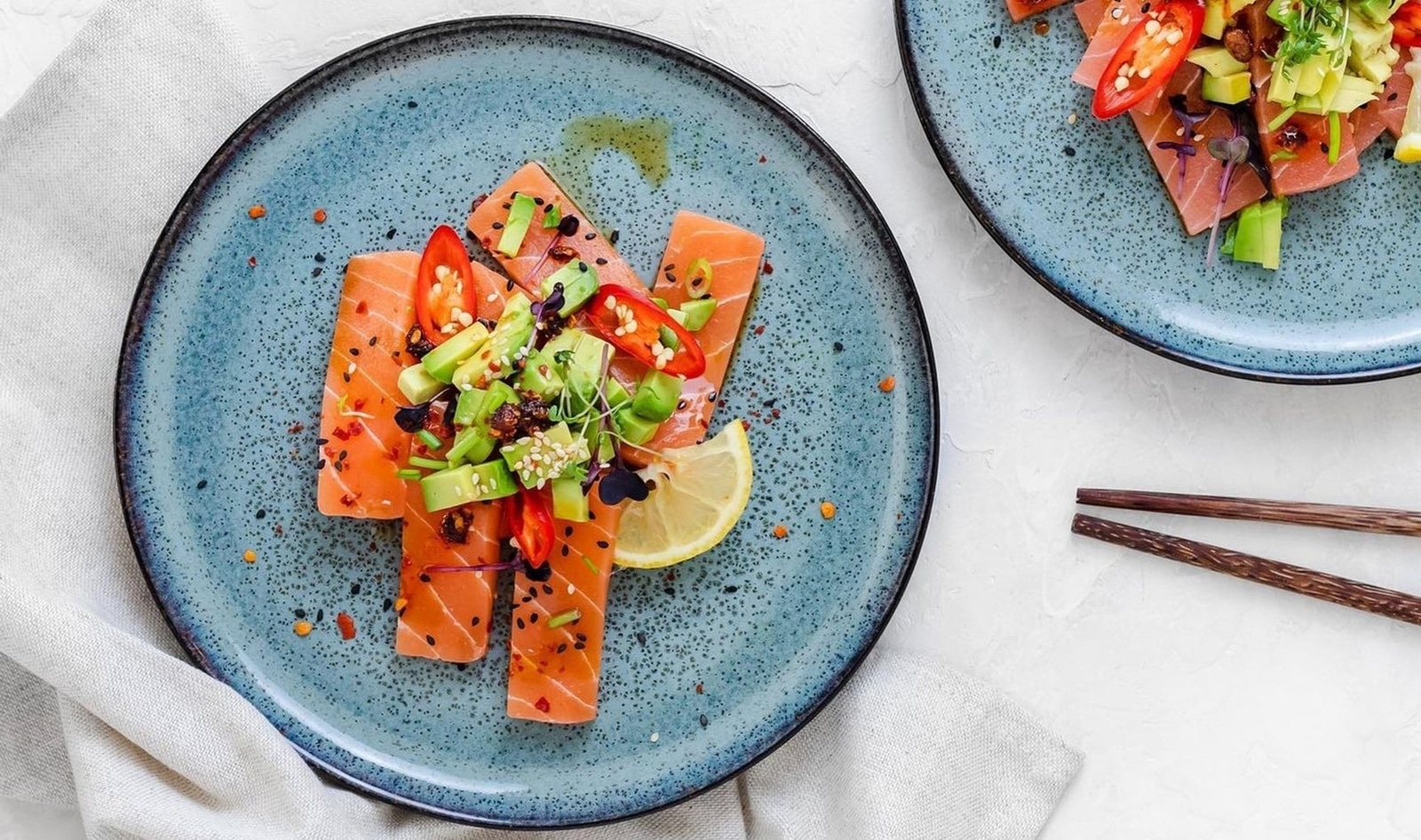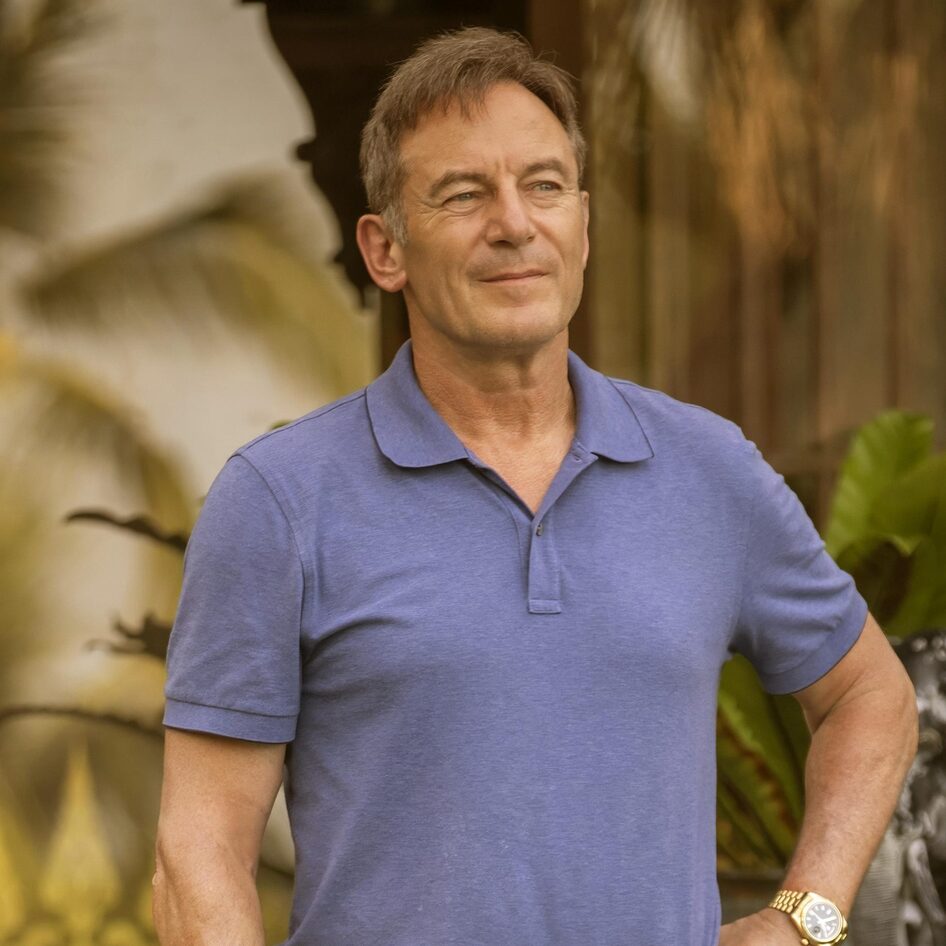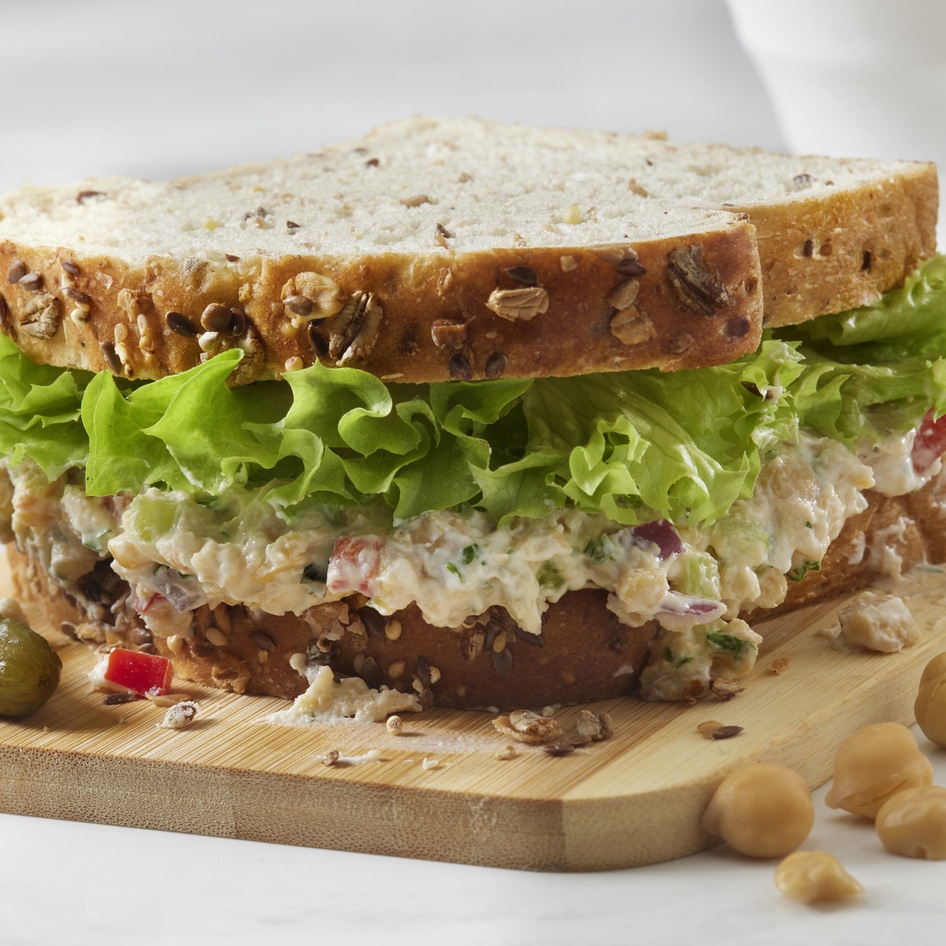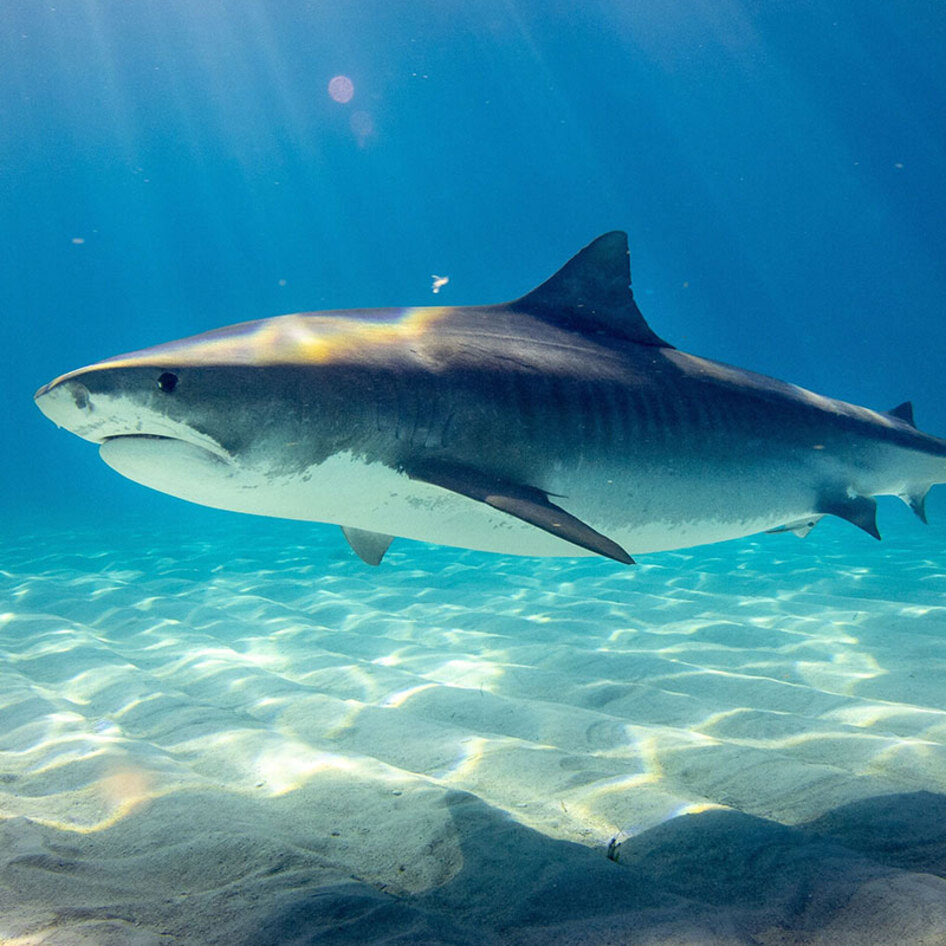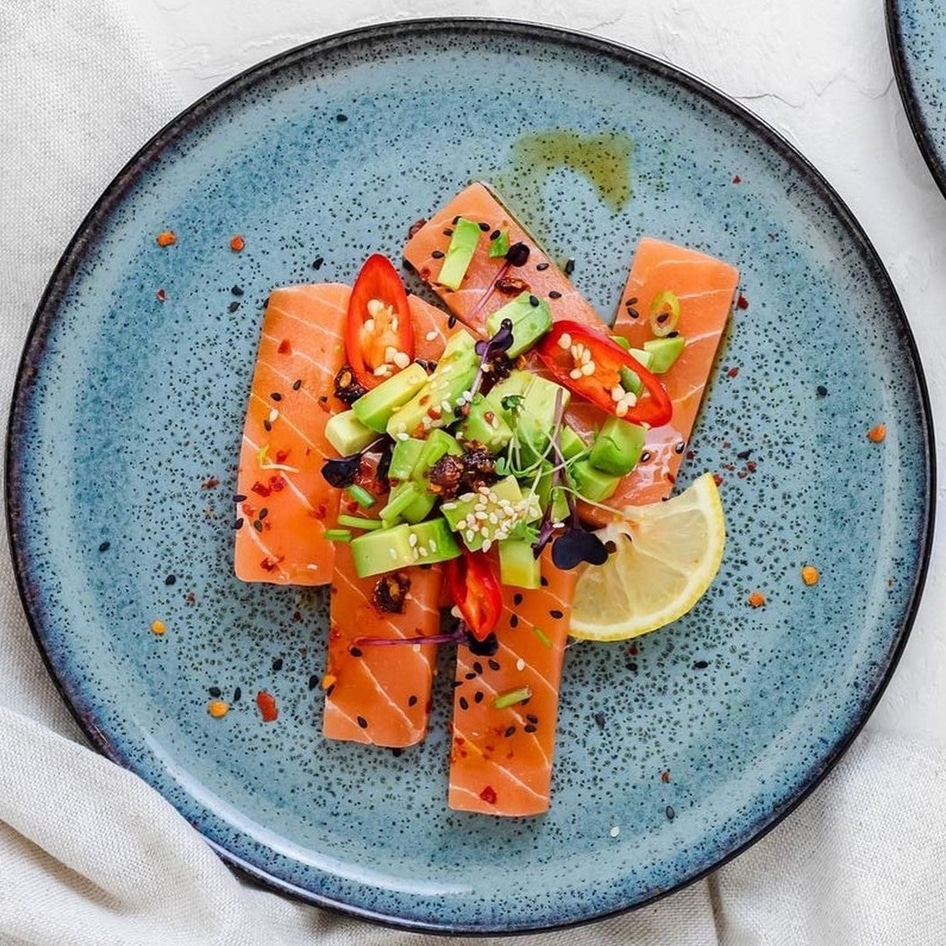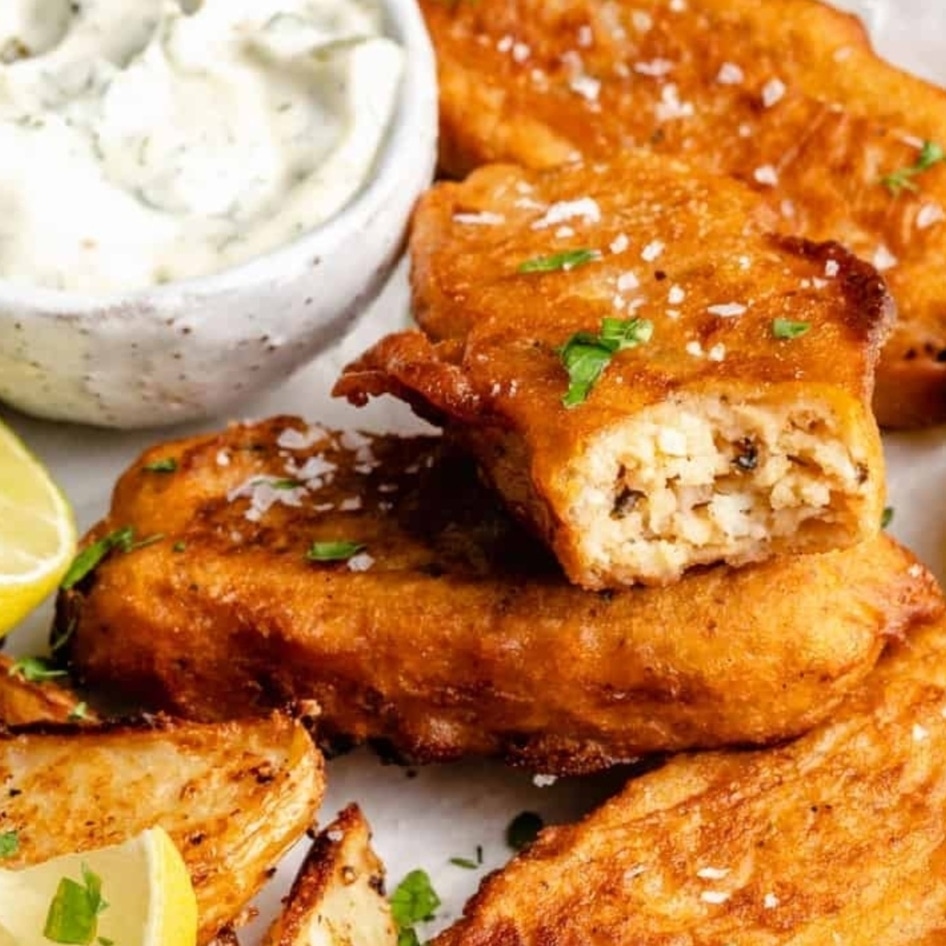In 1376, King Edward III was sent a letter that read: “The great and long iron of the wondryechaun runs so heavily and hardly over the ground when fishing, that it destroys the flowers of the land below water.” The “wondryechaun,” according to British Sea Fishing, refers to a boat with a heavy beam trawl, which is fitted with a net. And people at the time were not happy about the impact it was having on the environment.
The message to the King also notes that too many small fish were being taken from the ocean. In fact, there were so many, the fishers “did not know what to do with them.” The overall point of the letter? This type of fishing is unnecessary and destructive, and we don’t need it. Yet more than 600 years later, commercial fishing trawlers are still depleting the oceans.
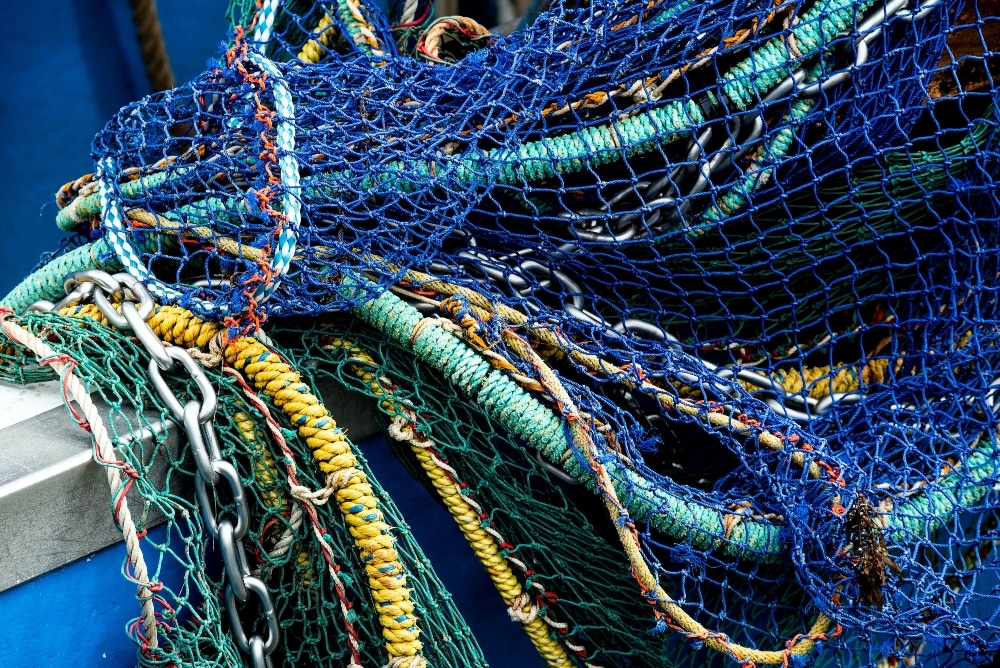 Unsplash
Unsplash
We’ve been catching, buying, and selling fish for centuries—long before the days of King Edward III, even. In fact, fish teeth analysis suggests that humans were engaging in the fish trade as far back as 1500 BC. But today, the industry is out of control. The seafood market is worth more than $257 billion, and one-third of the world’s assessed fisheries are being pushed beyond their biological limits. Without intervention, fish stocks will collapse, threatening ecosystems and more species with extinction.
But just like in the 1300s, today, many are urging those in power to do something about overfishing, primarily by reducing or eliminating harmful fisheries subsidies (basically, government financial contributions to the private fishing sector). But is it really working? And could it be time to leave the fishing industry in the past forever? Let’s take a closer look.
What are harmful fisheries subsidies? And why are they a problem?
The term “harmful fisheries subsidies” refers to direct or indirect funding from governments to the private fishing sector. The funding lowers the cost of fishing, and ultimately, encourages an unsustainable rate of catch, which inevitably leads to overfishing.
“Harmful subsidies, estimated at more than $22 billion a year, artificially reduce fishing costs,” explains Stop Funding Overfishing, an ocean protection coalition that represents more than 180 leading non-governmental organizations, including the Environmental Justice Foundation, Oceana, WWF, and The Pew Charitable Trusts. “Industrial fleets can then afford longer trips. [They sail] farther to harvest more and more fish, depleting stocks faster than they can recover.”
This is a big problem for marine ecosystems, which are, essentially, underwater communities that biologically rely on each for survival, and in turn, help to keep the ocean healthy and balanced. When too many fish are removed from the ocean by commercial trawlers, these ecosystems are out of balance and populations can collapse. According to data platform The World Counts, 90 percent of the world’s stocks of large predatory fish (which includes sharks and tuna, both of which are apex predators at the top of the food chain) are already gone.
Efforts to curb this impact have been ongoing for decades, and, in June 2022, significant progress was made when the World Trade Organization secured a historic deal between all 164 member states to curb illegal, unreported, and unregulated fishing subsidies, the fishing of overfished stocks, and fishing in the unregulated high seas.
But without government ratification of the treaty, the deal won’t go into force. So far, according to Stop Funding Overfishing, 81 members of the World Trade Organization have ratified the deal. For the agreement to be operational, two thirds of member states must “deposit their instruments of acceptance.” In other words, this means the member states must complete their respective domestic acceptance procedures. And, as with all environmental concerns, the sooner, the better.
In May 2023, a new study was released noting that harmful fisheries subsidies are still causing major problems out on the ocean. And it noted that between 20 and 37 percent of subsidies were supporting fishing in waters outside of their home nation. Most are cases of developed nations fishing in the waters of developing countries.
“What we’re finding out is that harmful fishing subsidies create more inequities in places where the coastal communities are already marginalized,” the study’s author Anna Schuhbauer said. “You have coastal communities that are already disadvantaged over the big industrial fisheries because the government doesn’t really pay too much attention to them.”
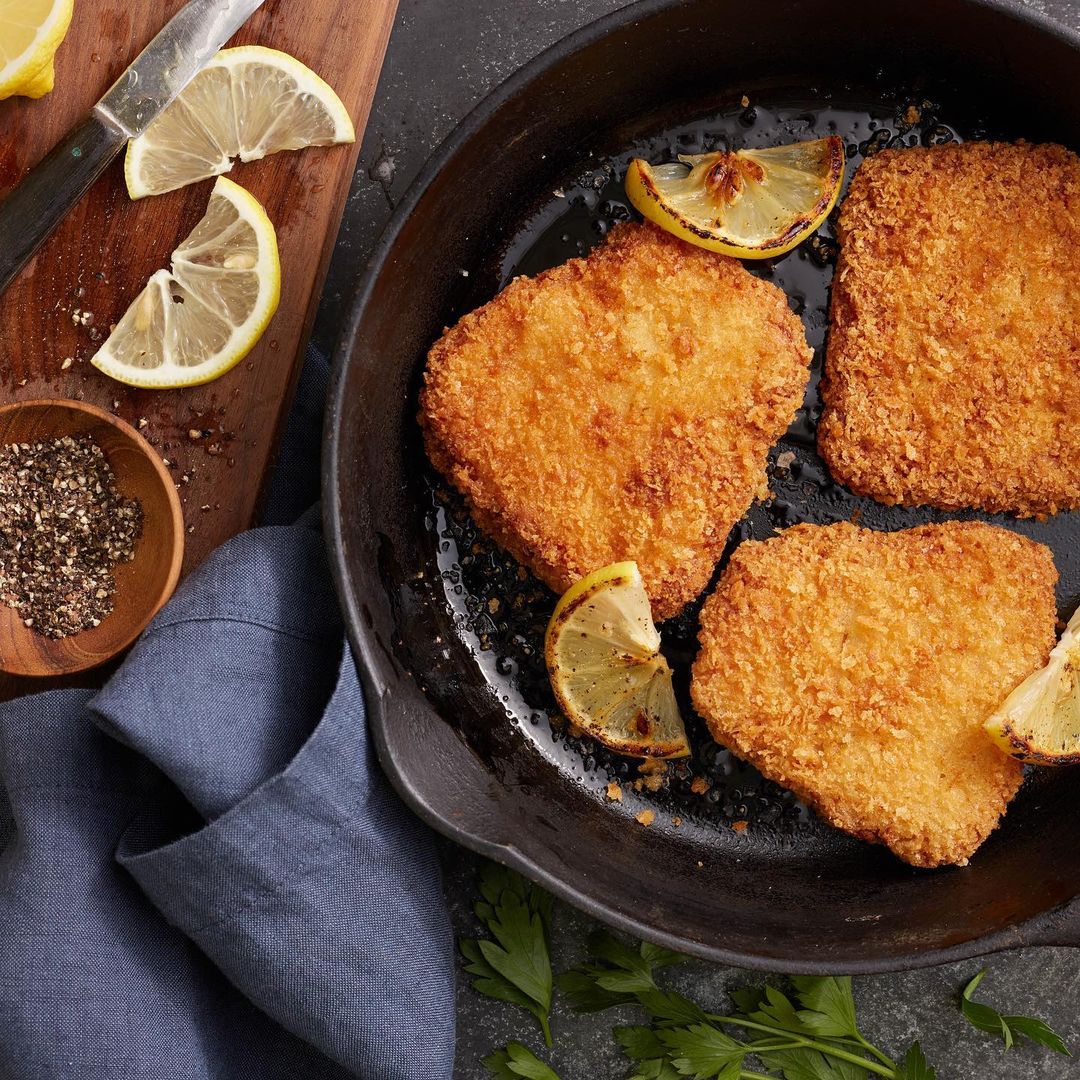 Good Catch
Good Catch
Can the vegan seafood industry put an end to overfishing for good?
Harmful fisheries subsidies are threatening ecosystems and small-scale fishers simultaneously. In many communities around the world, fishing is a necessity. “Coastal communities and small-scale fishers have served as traditional stewards of coastal ecosystems for hundreds of years,” notes WWF. “Small-scale fisheries are central to solving many challenges, such as overfishing and habitat loss, and key to addressing poverty and hunger.”
But for the millions of people outside of these communities, who eat commercial fishing trawler catch from the world’s major supermarkets and grocery stores, there may be another option: vegan seafood. While, at around $42 million, the market is still small in comparison to the rest of the plant-based meat market, and minuscule in comparison to the mainstream fishing industry, it does represent an innovative, forward-thinking solution for ocean depletion: make the fish, without the fish.
Good Catch, for example, is one of the brands trying to offer up new, innovative, tasty alternatives to traditional seafood. In a bid to give consumers a more sustainable alternative to one of the most popular types of fish in the US, the brand, which was founded by chefs and brothers Derek and Chad Sarno, continues innovating with plant-based seafood.
“Culinary innovation is at the forefront of everything we create at Good Catch ” Chad Sarno said in a statement.”
Good Catch is far from alone. Popular Canadian brand Gardein offers several vegan seafood products, and so do brands like Lily’s Vegan Pantry, Vegan Zeastar, and OmniFoods, to name a few. Even major corporations in the seafood industry, like Bird’s Eye and Thai Union, are exploring plant-based options. One of the latter’s most popular brands, John West, even launched fish-free vegan tuna in the Netherlands.
And consumer demand is there, too. Research released in January 2023 suggested that nearly 70 percent of Americans have already tried a plant-based meat or dairy-free alternative. For many, health is a key motivator, and for others, it’s the environment. And looking at the state of the oceans right now, there’s arguably no better reason than to leave the real seafood off the plate. The future of marine life may depend on it.
For more on fish, read:
JUMP TO ... Latest News | Recipes | Guides | Health | Subscribe

